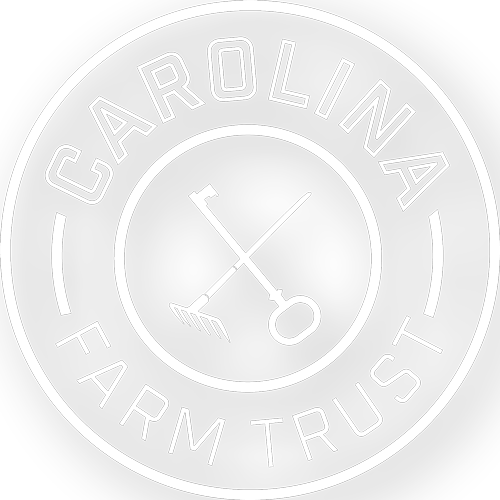Creating more sustainable farms and distribution centers in urban cities can move us towards food security.
The Food and Agriculture Organization of the United Nations defines food security as when:
“all people, at all times, have physical, social and economic access to sufficient, safe and nutritious food that meets their dietary needs and food preferences for an active and healthy life.”
When a particular area does not have enough food security the term generally used is a food desert however many researchers agree that a more accurate term is Food apartheid. Apartheid , or racial segregation, looks at how certain areas ended up without little access to real nourishing food. According to the National Black Food & Justice Alliance (http://www.blackfoodjustice.org), food apartheid is:
“the systematic destruction of Black self-determination to control one’s food, the hyper-saturation of destructive foods and predatory marketing, and the blatantly discriminatory corporate-controlled food system that results in (communities of color) suffering from some of the highest rates of heart disease and diabetes of all time”
The term food desert implies that the limited food access happened organically however when we look deeper the problem is largely caused by systemic racism. For example Baltimore, Maryland was one of the first cities to create racialized zoning in the 1800’s, the current city is a result of that. In the communities that have concentrations of black people there are more corner stores and liquor stores instead of grocery stores. Due to these areas being low income, large scale food providers are less likely to open. This makes relying too heavily on supermarkets to solve food insecurity less optimal and exemplifies why giving the community power back over their food through urban farming is going to be a major player in road to food security.
Though Charlotte, North Carolina never officially had racial zoning ordinances there have been restrictive covenants that prevented property sales to African Americans and poor whites. The FHA’s support of racially restrictive covenants began with its development of an appraisal table for mortgages that took into account home values. For a home to receive the highest rating in this table, the home had to be located in an all-white neighborhood. Similarly, the FHA recommended that racially restrictive covenants be used to prevent sales of homes to African Americans; the rationale for this recommendation was that if African Americans moved into a mostly or all-white neighborhood, home values there would plummet. In Charlotte, many new housing developments were constructed with FHA support. Racially restrictive covenants can no longer be enforced due to the Equal Protection clause of the Fourteenth Amendment, however the segregation has continued due to exclusionary zoning.
In attempts to be more income inclusive, Charlotte has just officially ended exclusionary zoning June 1st, 2023. This will allow more multi-family homes to be built where previously only single family homes were aloud. This will create more affordable housing in what used to be only high income areas.

Having a distribution center like CFT Market that is underway we will be crucial in making whole, fresh and minimally processed foods available to the community. CFT Market is located in one of the top 5 zip codes that the Mecklenburg county health department considers a “priority area”. Only 13 percent of housing units west of Uptown have a full-service, chain grocery store within ½ a mile. This is important because less transportation access in low income areas makes getting to a grocery store more difficult. This distribution center and market is strategically located in areas where fresh produce is not readily available and can work with the urban farm network to source a variety of foods. Not only does this increase fresh food accessibility but also helps to reduce food waste by ensuring that they are distributed efficiently and effectively.

Creating more urban farms, transitioning into regenerative practices and having local distribution centers in urban cities can provide a sustainable solution to food security while also promoting healthy eating habits. Access to fresh produce can promote healthy eating habits and help prevent chronic diseases such as obesity and diabetes.
64% of adults in Mecklenburg are either overweight or obese. Compare that to only 30% of people in the united states as a whole. Those who are overweight have an increased risk of all causes of death (mortality).
- High blood pressure (hypertension).
- High LDL cholesterol, low HDL cholesterol, or high levels of triglycerides (dyslipidemia).
- Type 2 diabetes.
- Coronary heart disease.
- Stroke.
- Gallbladder disease.
- Osteoarthritis (a breakdown of cartilage and bone within a joint).
- Sleep apnea and breathing problems.
- Many types of cancer.
- Low quality of life.
- Mental illness such as clinical depression, anxiety, and other mental disorders4,5.
- Body pain and difficulty with physical functioning.
The issues of food insecurity above, like only having access to highly processed foods at corner stores, is directly impacting the quality of life in our communities.
Visit our answers to learn more about how we are increasing healthy food accessibility in the areas that need it most.


